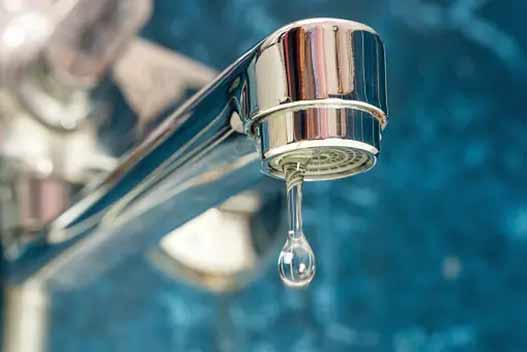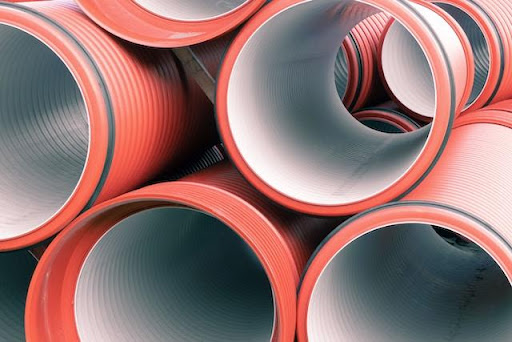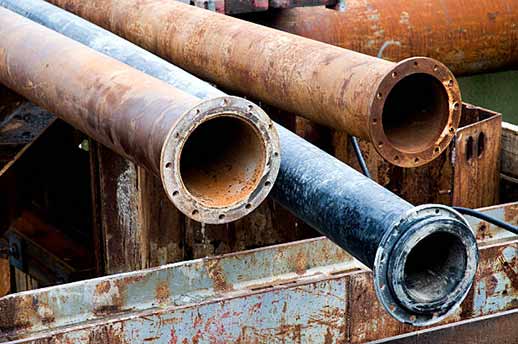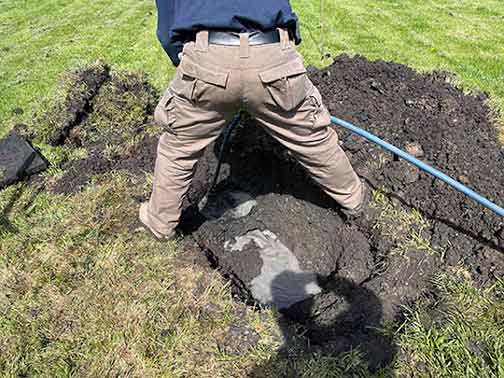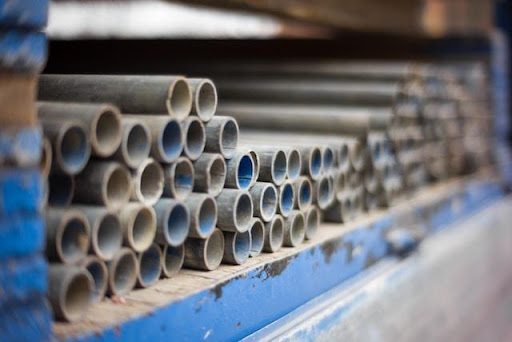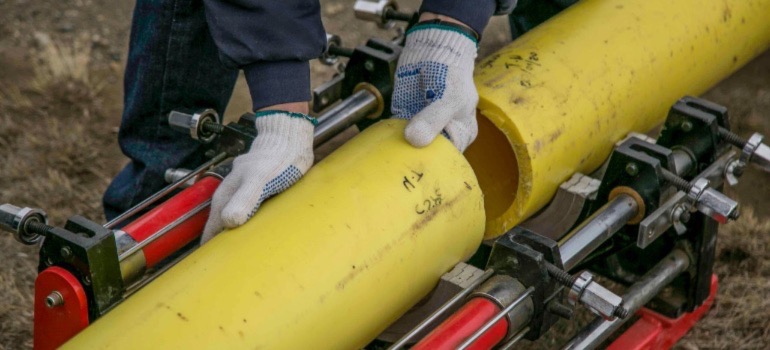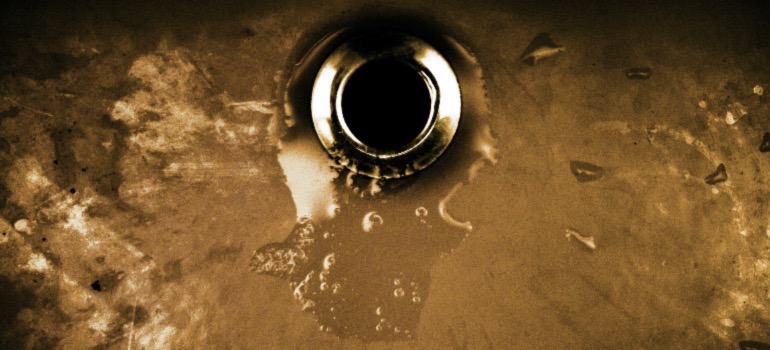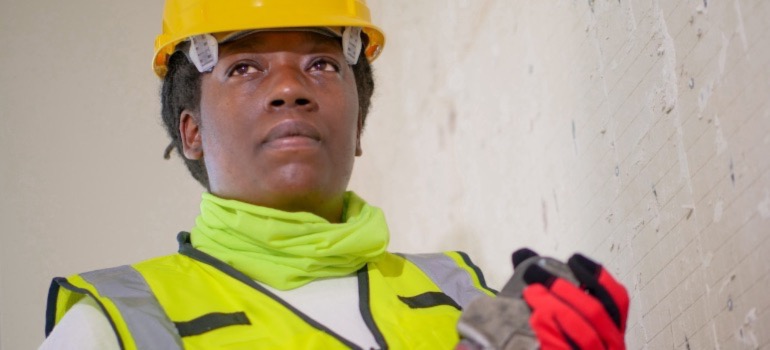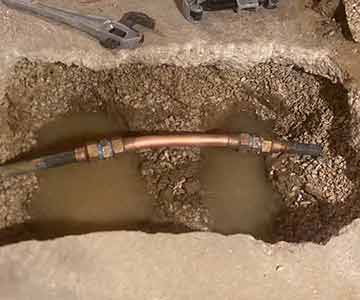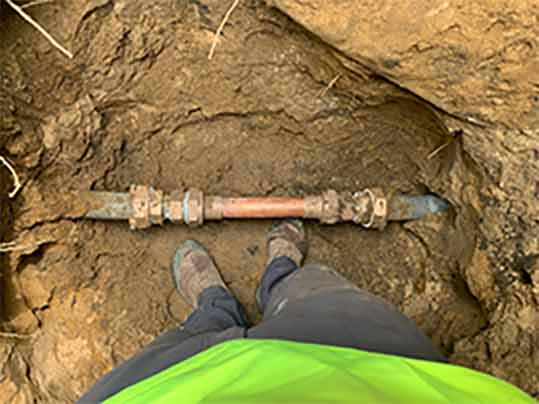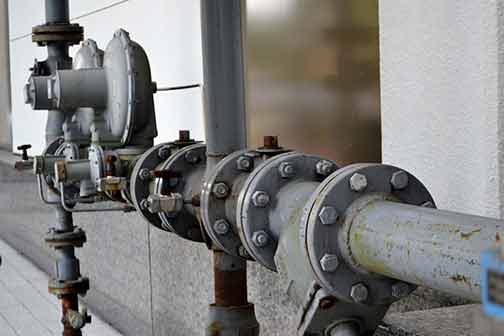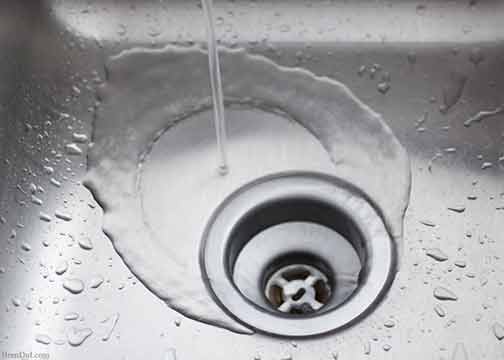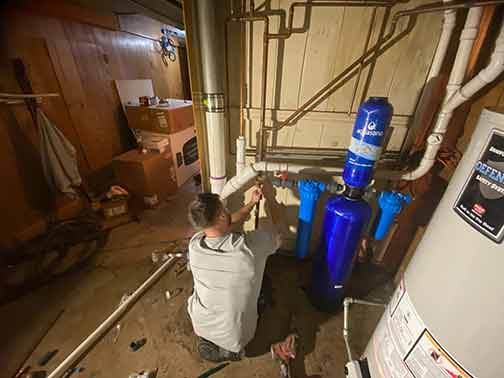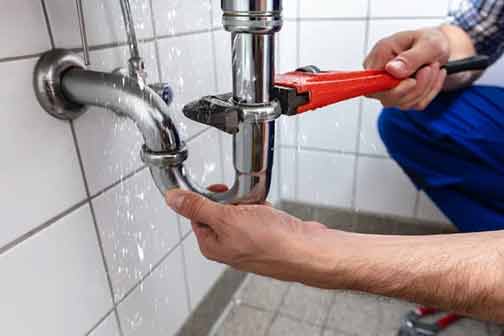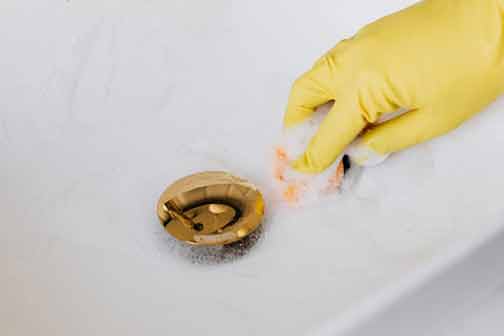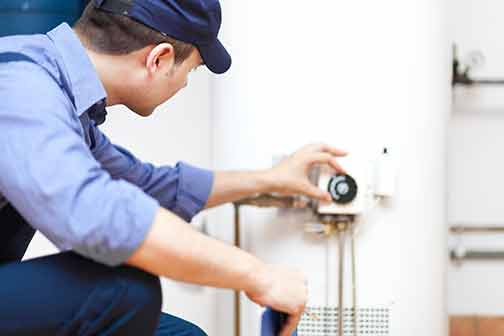
Home flooding caused by a water leak can be a stressful and challenging situation for any homeowner. Not only does it cause immediate damage to your property, but if left untreated, it can lead to long-term issues such as mold growth and structural damage. Here we have gathered expert advice to help you handle home flooding caused by a water leak effectively.
Identifying the Source
The first step in handling a home flooding situation is to identify the source of the water leak. This is crucial as it will determine the appropriate course of action. Common sources of water leaks include burst pipe emergencies, faulty water heaters, leaky appliances, and damaged roof.
If you are unable to identify the source of the leak, it is recommended to contact a professional plumber or water damage restoration company. They have the necessary expertise and equipment to locate and fix the leak in a timely manner.
Shutting Off the Water Supply
Once you have identified the source of the water leak, the next step is to shut off the water supply to prevent further flooding. This is typically done through the main water shut-off valve, which is usually located near the water meter or in the basement. It is important to know the location of this valve beforehand to ensure a quick response in case of an emergency.
If you are unable to locate or operate the main shut-off valve, consider contacting your local water utility company or a nearby plumber for assistance.
Mitigating Further Damage
After shutting off the water supply, it is crucial to take immediate action to mitigate further damage to your property. The following steps are recommended:
1. Remove standing water using a wet/dry vacuum or mop and buckets.
2. Place towels or blankets to absorb excess moisture from affected areas.
3. Turn on fans and open windows to facilitate drying and ventilation.
4. Move furniture, electronics, and other valuable items to a dry area.
5. If possible, lift wet carpets and rugs to allow airflow underneath.
6. Remove any damaged materials, such as wet drywall or carpet, to prevent mold growth.
Assessing the Damage
Once you have mitigated further damage, it is important to assess the extent of the damage caused by the water leak. This will help you determine the necessary steps for restoration and insurance purposes.
Check for the following signs of damage:
– Warped or buckled flooring
– Stains or discoloration on walls and ceilings
– Damp or musty odors
– Mold growth
It is advisable to take photographs or videos of the damage for documentation purposes. This can be helpful when filing an insurance claim or seeking professional assistance.
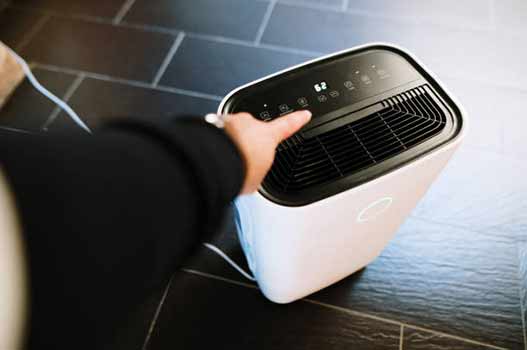
Use fans to promote air circulation and accelerate the drying process.
Drying and Dehumidifying
Proper drying and dehumidification are essential in preventing mold growth and further structural damage. Here are some guidelines to follow:
– Use dehumidifiers to reduce excess moisture in the air.
– Use fans to promote air circulation and accelerate the drying process.
– Consider renting industrial-grade drying equipment for large-scale flooding.
– Monitor moisture levels with a moisture meter to ensure thorough drying.
Professional Assistance
In cases of extensive damage or if you are unsure about the proper restoration techniques, it is highly recommended to seek professional assistance. A basement flooding service company will have the necessary expertise and equipment to restore your home to its pre-flood condition.
When choosing a restoration company, consider the following:
– Experience and reputation in the industry
– Proper certifications and licenses
– Availability of emergency services
– Knowledge of insurance claim processes
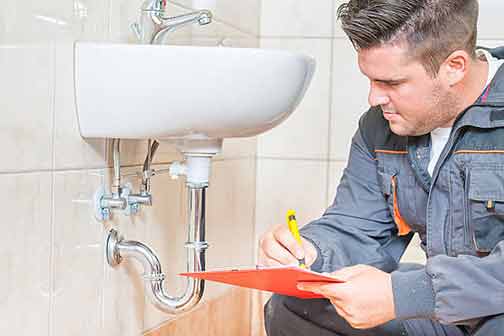
Regularly inspect and maintain your plumbing system, including pipes, faucets, and water heaters.
Prevention for the Future
Once your home has been restored and the water leak issue has been resolved, it is essential to take preventive measures to avoid future flooding incidents. Here are some tips to prevent water leaks:
– Regularly inspect and maintain your plumbing system, including pipes, faucets, and water heaters.
– Monitor your water bill for any sudden increases, which may indicate a hidden leak.
– Install water leak detection devices and automatic shut-off valves.
– Ensure proper drainage around your property and keep gutters clean.
– Insulate pipes to prevent freezing during cold weather.
Summing It Up
Handling home flooding caused by a water leak requires prompt action and the right approach. By identifying the source, shutting off the water supply, mitigating further damage, assessing the extent of the damage, and taking the necessary drying and restoration steps, you can effectively handle the situation and minimize long-term issues. Remember, professional assistance is always available if needed, and implementing preventive measures can help you avoid future flooding incidents.
